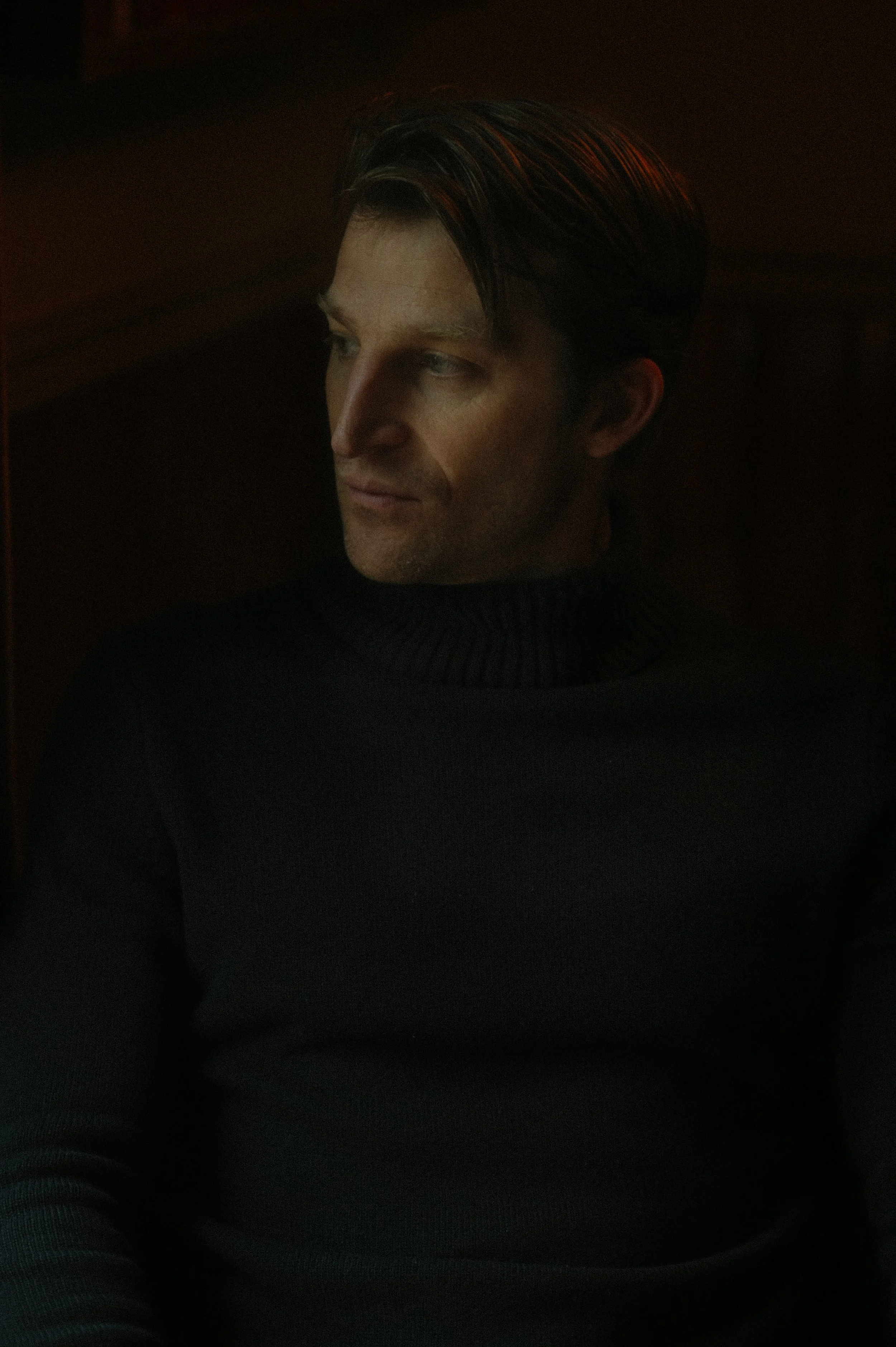A native Tennessean, Derik Hultquist has been writing the songs that have busied his mind since middleschool. After moving full-time to Nashville in 2007, Derik signed with Carnival Music as an artist and staffwriter for over a decade. Within that time, Derik released three EP’s and one full length album and toured them extensively across the United States.
Derik is currently working on his new EP.
